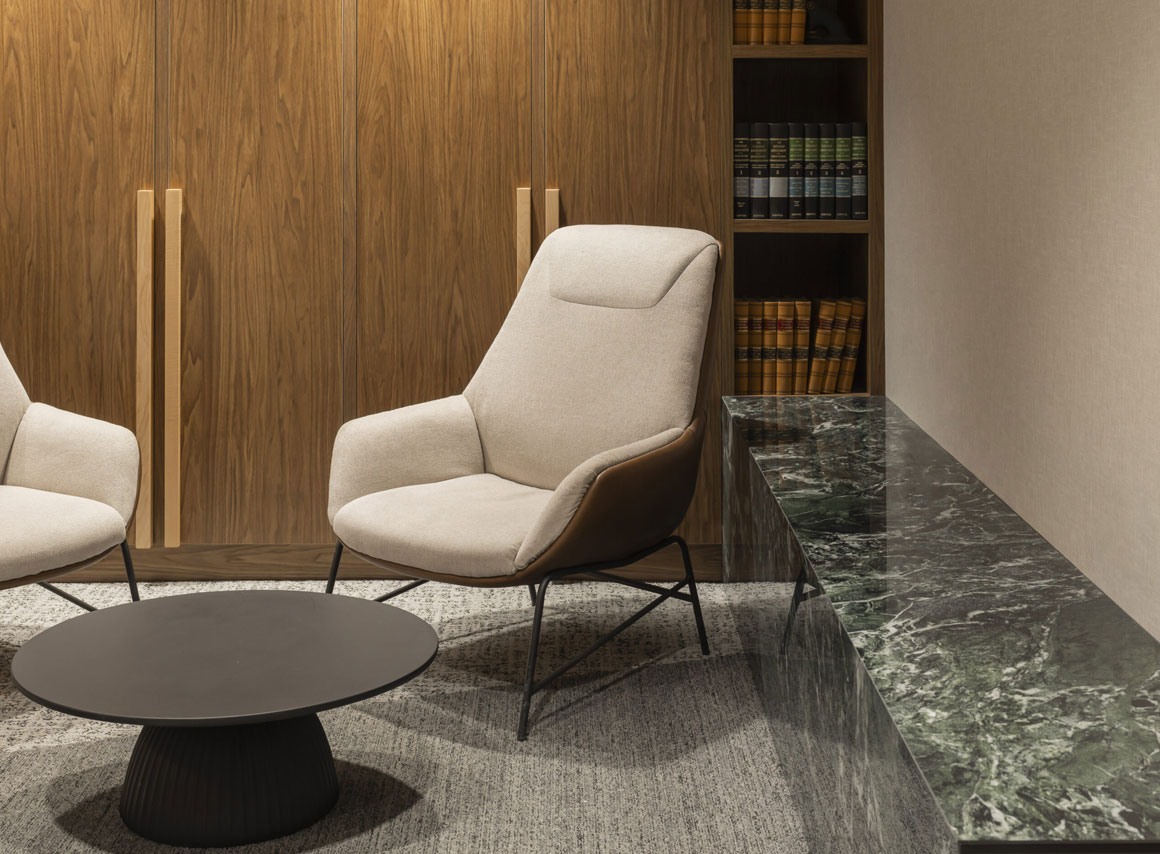On June 30, the provisions of the Act respecting family law reform and establishing the parental union regime concerning the new parental union regime came into force.
A parental union is formed upon de facto spouses, i.e. two persons who share a community of life, becoming the father and mother or the parents of the same child (birth or adoption in due form).
The formation of parental union patrimony
Parental union entails the establishment of patrimony consisting of the following property owned by either spouse:
- family residence or the rights which confer use of it;
- the movable property with which it is furnished or decorated and which serves for the family;
- Motor vehicles used for family travel.
Parental union patrimony, as defined by law, does not include pension plans, unlike family patrimony applicable in the context of marriage. It also excludes property received by one of the spouses by inheritance or gift, whether before or during the union.
The dissolution of parental union patrimony and its partition are carried out in accordance with the rules applicable to marriage, as set out in the Civil Code of Québec.
The family residence
The rules relating to the family residence of spouses now apply to spouses in a parental union, with the necessary adaptations. The consent of the spouse in a parental union will be required before:
- alienate, hypothecate or remove from the family residence the movable property serving for the use of the household;
- sublet it, transfer the right or terminate the lease;
- for the spouse who owns the property, alienate the immovable, charge it with a real right or lease.
The law also provides for a remedy to obtain exclusive use of the residence or movable property used for household purposes. In addition, the spouse who obtains custody of the children may be granted a right of use of the family residence, even if it is the exclusive property of the other spouse or is jointly owned by both spouses.
Applications for the right to use the family residence must be submitted to the court no later than 120 days after the end of the union.
Compensatory allowance
In addition, the new regime allows the surviving spouse of a parental union to obtain a compensatory allowance if they believe they have become impoverished after contributing, in goods or services, to the enrichment of their spouse during their community of life. This remedy will also be available in the event of the death of either spouse.
Eligibility
Couples who have children before June 30, 2025, can adhere the regime by expressly requesting to join by making a “positive gesture.” The required form is either a notarized deed or simply signing an agreement in front of two witnesses stating that they agree to avail themselves of the provisions of the regime.
On the other hand, spouses who are subject to the provisions of the Act may, during the union, by notarial act en minute, on pain of absolute nullity, withdraw by mutual agreement from the application of the provisions of the Act and not form a parental union. This withdrawal takes effect on the days of the act attesting the withdrawal. Where the withdrawal is recorded within 90 days of the beginning of the union, the parental union patrimony is deemed never to have been established.
After the 90-day period from the beginning of the union, the spouses must partition what has been accumulated as of the beginning of the parental union to the date of withdrawal.
Renunciation, withdrawal
As mentioned above, the legislator introduced the possibility of complete renunciation during the parental union, known as “withdrawal,”. The act provides that renunciation of the partition of patrimony is generally made at the end of the union, but it is also possible to renounce partition of the parental union patrimony in whole or in part by notarial act or by judicial declaration. This renunciation must be recorded in the register of personal and movable real rights.
It is important to note that a renunciation made by notarial act may be annulled by reason of lesion or any other cause of nullity of contracts, such as error, fraud, fear, etc.
Prescription
Section 2906 of the Civil Code of Quebec is amended to consider spouses in a parental union. In fact, parental union spouses do not prescribe against each other during the union.
In matters of succession
De facto spouses who are parents of a child are now considered under the rules of legal devolution (without a will) if they have lived together for at least one year. Therefore, unless otherwise provided by testamentary provision, the succession devolves to the surviving spouse and relatives of the deceased, in the order and according to the rules provided in this Title.





















